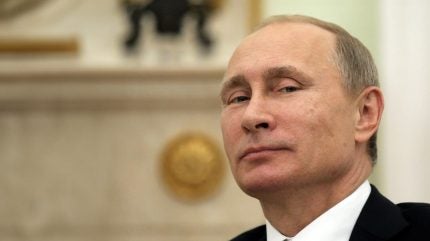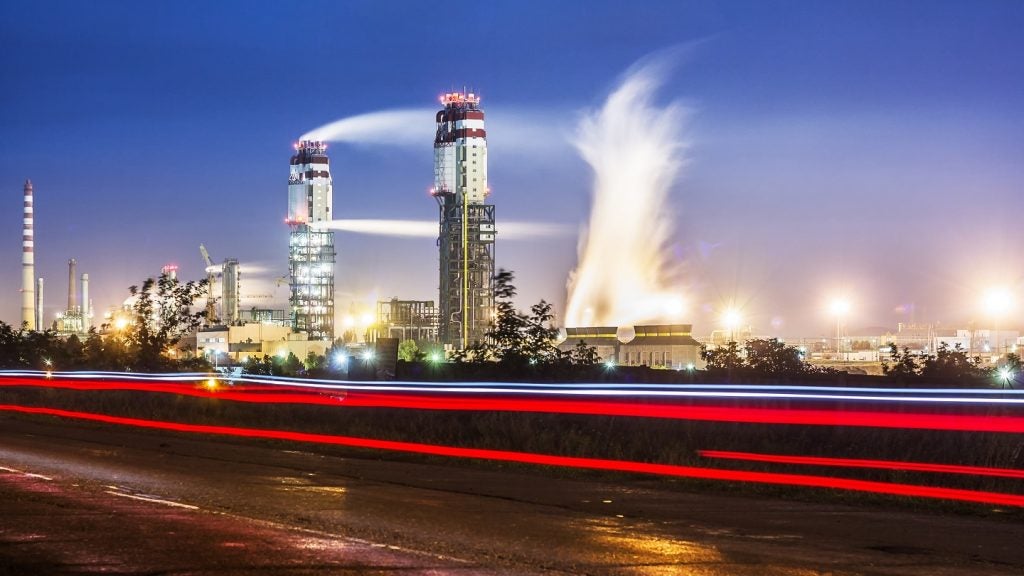
Russia’s annual oil proceeds almost doubled in May, with the nation seemingly adapting to its international sanctions, including a EU ban on Russian oil imports.
It is also benefitting from crude oil prices being on a general upward trend since the latter part of 2023, according to Bloomberg calculations.
Oil-related taxes rose to Rbs632.5bn ($7.1bn) just last month, based on Finance Ministry data.
Meanwhile, total oil and gas proceeds increased 39% on the year to Rbs793.7bn, the ministry added.
The jump in revenue is attributed to higher prices for Urals crude, the country’s main export blend, a mixture of heavy sour Urals oil and some light oil from Siberia.
The ministry calculated May taxes based on the Urals price of almost $75 a barrel (bbl), up from just under $58 a year ago.
How well do you really know your competitors?
Access the most comprehensive Company Profiles on the market, powered by GlobalData. Save hours of research. Gain competitive edge.

Thank you!
Your download email will arrive shortly
Not ready to buy yet? Download a free sample
We are confident about the unique quality of our Company Profiles. However, we want you to make the most beneficial decision for your business, so we offer a free sample that you can download by submitting the below form
By GlobalDataBloomberg reported that the Russian blend’s discount in relation to the global Brent benchmark has narrowed, even after a price cap was imposed by the G7 nations.
The G7 is aiming to reduce Moscow’s access to petrodollars, which the grouping sees as a key component of Moscow’s war against Ukraine.
The G7 is also attempting to limit Russian access to western shipping and insurance services.
However, Moscow has adapted to restrictions by using a massive shadow fleet of tankers that operate outside the regulations of the official maritime sector and selling its oil to willing Asian clients.
Bloomberg also calculated that on the monthly basis, oil and gas budget proceeds actually declined by more than 35% in May. This was attributed to the payment of one of Russia’s so-called profit-based levies, which needs to be paid four times a year.
Russia is already contending with a high budget shortfall amid the ongoing war against Ukraine. The government recorded a Rbs3.4trn deficit in the first four months of the year, Reuters reported earlier in the week, with spending rising and energy revenue falling.
Budget income from oil and gas sales reached Rbs570.7bn in May, down from Rbs886bn in May 2022 and Rbs647.5bn in April 2023, said the news agency.
Russian crude is expected to trade at about $65/bbl for the rest of this year, down from an earlier estimate of $71.30, said Bloomberg‘s latest report.
Meanwhile, earlier this week, Rosneft reported a net income profit attributable to shareholders for the first quarter of 2024 that more than doubled to Rbs399bn compared with the previous quarter, due to an increase in revenue and core profit.
The Russian energy company, led by Igor Sechin, reported a 45.5% increase in net profit and a 25.1% rise in EBITDA (earnings before interest, taxes, depreciation and amortisation) for the quarter, despite a 1.1% decline in revenue.






